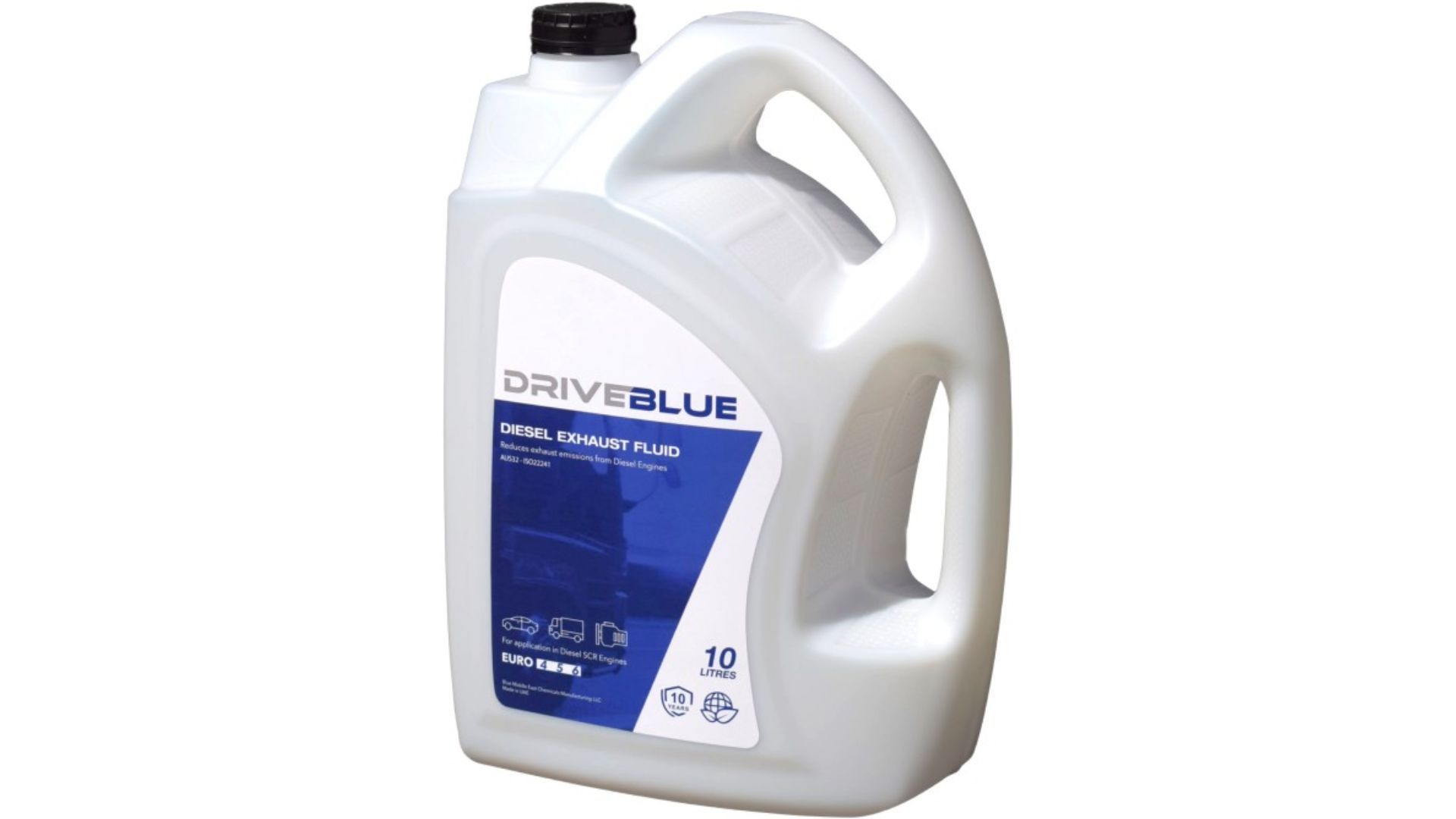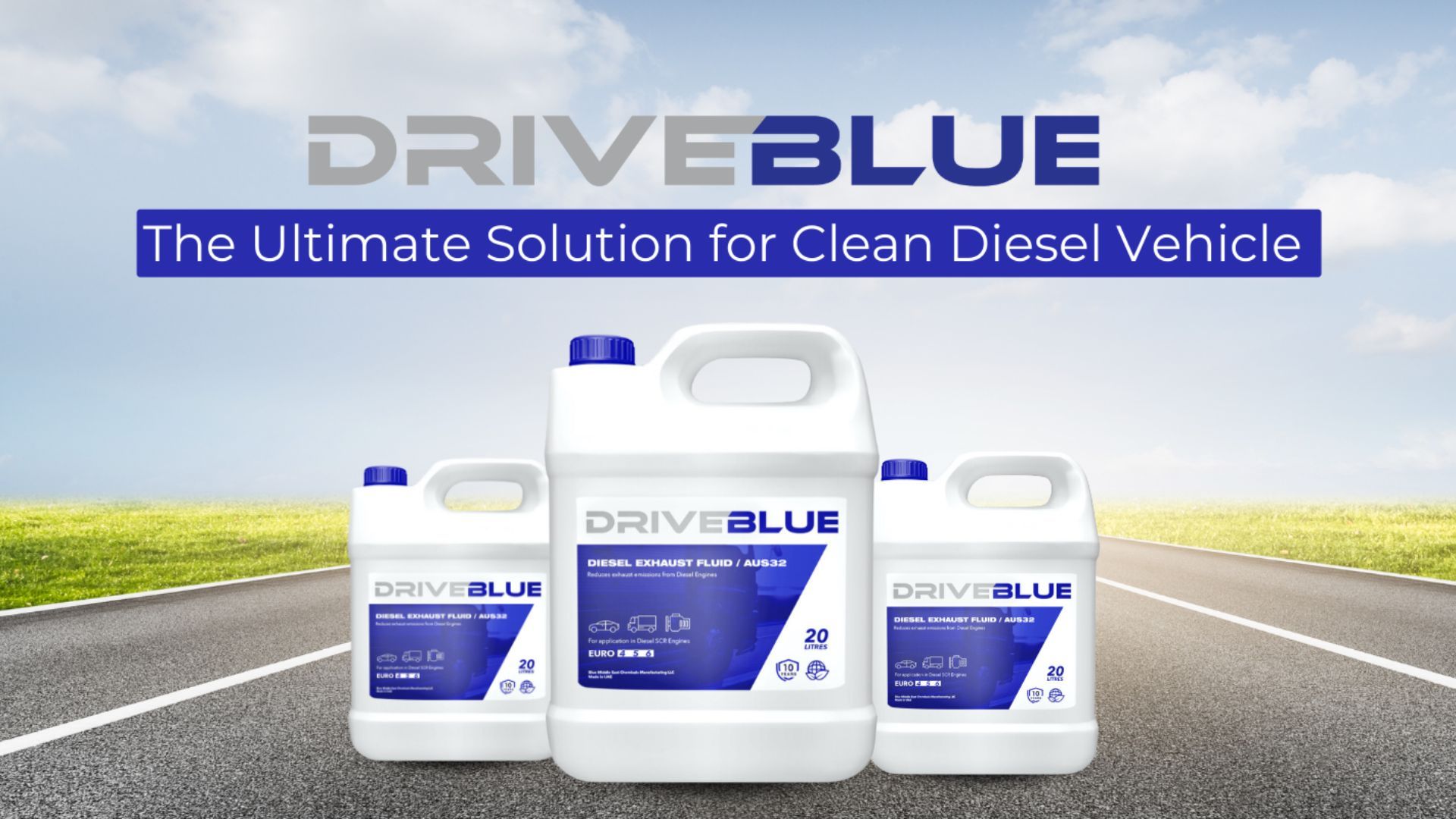As environmental regulations tighten globally, the demand for cleaner diesel engine technologies has grown significantly. A key player in this movement is the blue additive for diesel engines, a solution designed to reduce harmful emissions and improve engine efficiency. But what do the experts have to say about the Blue Additive For Diesel Engines? Let’s explore their insights and understand why this additive is essential in today’s diesel technology.

The Role of Blue Additive in Diesel Engines
The blue additive for diesel engines is a urea-based solution that is integral to the selective catalytic reduction (SCR) system found in modern diesel engines. When injected into the exhaust stream, this additive breaks down into ammonia, which then reacts with nitrogen oxide (NOx) gases. This chemical reaction converts the harmful NOx emissions into harmless nitrogen and water vapor, significantly reducing the environmental impact of diesel engines.
Expert Opinions on Blue Additive for Diesel Engines
Environmental Impact:
Environmental scientists and engineers emphasize the importance of the blue additive for diesel engines in reducing NOx emissions, which are major contributors to air pollution and smog. Experts agree that the introduction of this additive has led to a significant decrease in NOx levels, particularly in urban areas where diesel vehicles are prevalent.
Engine Efficiency:
Automotive engineers note that the blue additive for diesel engines not only reduces emissions but also helps maintain engine efficiency. By allowing diesel engines to operate at optimal performance levels while still meeting stringent emissions standards, this additive ensures that engines remain powerful and reliable.
Regulatory Compliance:
Experts in regulatory affairs highlight the role of the blue additive for diesel engines in helping manufacturers meet ever-stricter emissions regulations. With countries across the globe setting more rigorous environmental standards, the use of this additive is becoming mandatory for diesel-powered vehicles. Compliance with these regulations is not only crucial for legal reasons but also for the long-term sustainability of the automotive industry.
Cost-Effectiveness:
Economists and industry analysts point out that, while there is a cost associated with the use of blue additive for diesel engines, the benefits far outweigh the expenses. The reduction in emissions-related fines, combined with the potential for improved fuel efficiency, makes the investment in this additive a cost-effective solution for both manufacturers and consumers.
The Future of Diesel Engines with Blue Additive
Looking ahead, experts predict that the role of the blue additive for diesel engines will only grow as environmental concerns continue to shape the future of transportation. As alternative fuels and technologies are developed, the blue additive for diesel engines will remain a cornerstone of emission reduction strategies, particularly in regions where diesel vehicles are still prevalent.

Conclusion:
In the realm of emission control and diesel engine efficiency, Blue Middle East shines as a leading manufacturer. Their commitment to providing high-quality blue additive for diesel engines makes them a key player in supporting the transition to cleaner, more sustainable diesel technology. As the demand for environmentally responsible solutions grows, Blue Middle East is well-positioned to lead the industry with their innovative products and dedication to a cleaner future.
